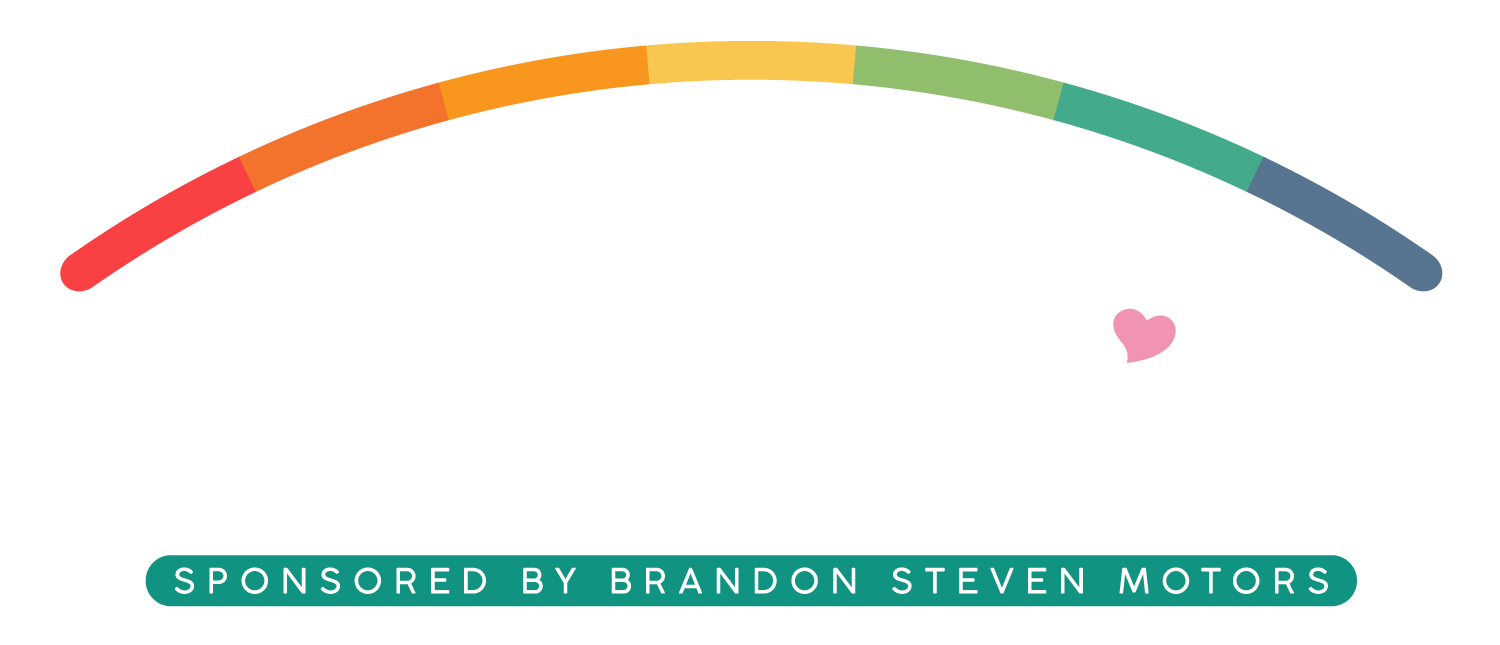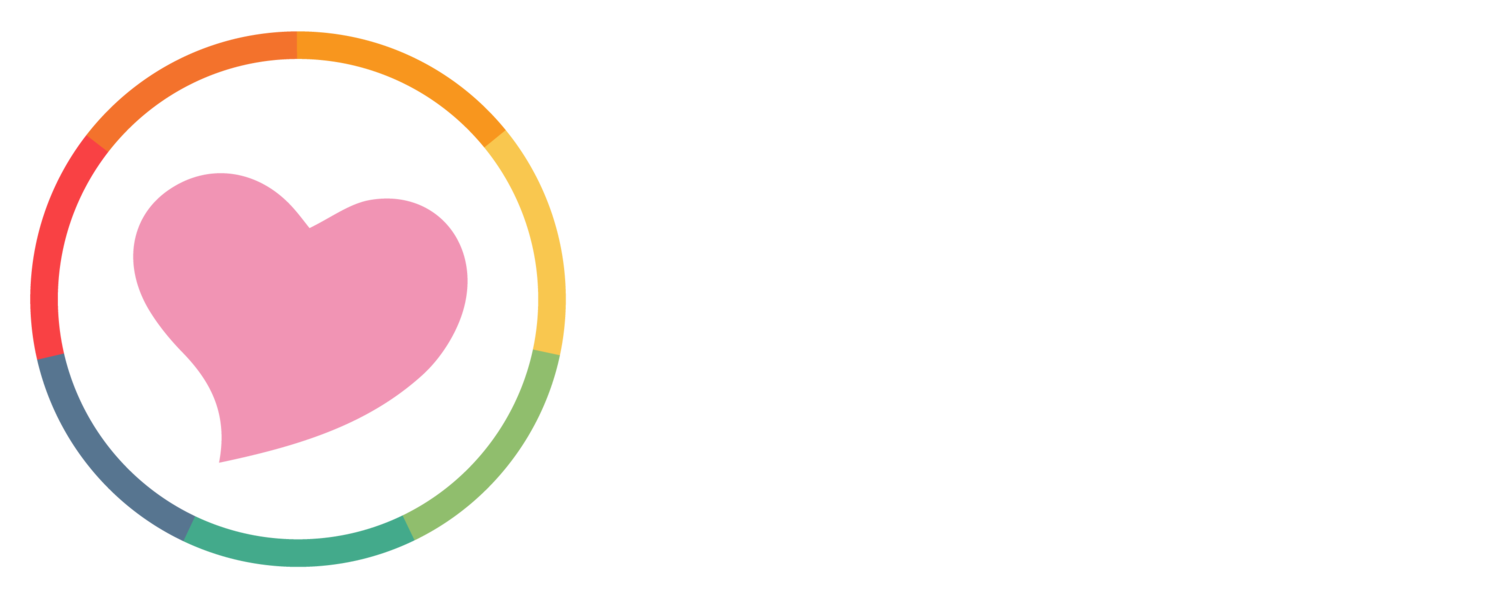LGBTQ Youth & Families
June is considered Pride Month, and Susan’s Kid is proud to support our LGBTQ foster and adoptive youth and families, now and always!
Did you know that research has shown that nearly 1 in 5 foster youth identify as LGBTQ? Many LGBTQ youth have experienced abandonment, or even abuse by their families due to their sexual identity. It has been reported that up to 40% of the homeless youth population are LGBTQ.
For this reason, LGBTQ-identifying youth need loving, non-judgmental parents who are compassionate, understanding, and supportive. For some parents, fostering an LGBTQ youth may seem like a challenge because of the negative stereotypes surrounding the LGBTQ community and traditional religious beliefs that do not support LGBTQ people. If you are on the fence about fostering an LGBTQ child, keep in mind the reason you would be fostering is to help a child have a better future by providing a caring, safe, non-judgmental environment and the support needed to grow and become independent.
If you can have an open heart to give a child space to be who they are, this will help an LGBTQ child thrive academically, emotionally, as well as increase their self-esteem. If you believe that you can support an LGBTQ youth by becoming a foster parent, here are a few tips that can help you create a strong, loving relationship with them.
Create a safe environment for your child or teen. Let them know that you care about them unconditionally, and that you will be there for them no matter who they choose to love. Make sure your entire family is also on board, and encourage them to be loving to the youth in your home. Include the child in family discussions and activities.
Find LGBTQ youth groups near you that your youth can be a part of so they will have a safe space to express themselves, create positive friendships and feel a sense of inclusivity. This is especially important because many LGBTQ youth feel alienated, and can suffer from depression, especially if they do not have support outside of the home. One popular group for youth is the Rainbow Pride Youth Alliance (RYPA).
Find a mentor who is an LGBTQ ally or someone in the LGBTQ community so that your child can have a safe adult to discuss personal challenges that come with being an LGBTQ youth. TruEvolution has a great program for LGBTQ youth.
Learn more about the LGBTQ community by becoming a member of your local PFLAG group. PFLAG is the largest ally and family organization for the LGBTQ community. You will make friends with other parents who are also raising LGBTQ youth, and can receive support and guidance about helping your child thrive.
Be sensitive to a child’s pronouns. Just because your child is biologically considered a female, they may not identify as being female. Have a discussion with your child and ask them what they’d like to be called. This will help them feel like you care about them and that you support them.



